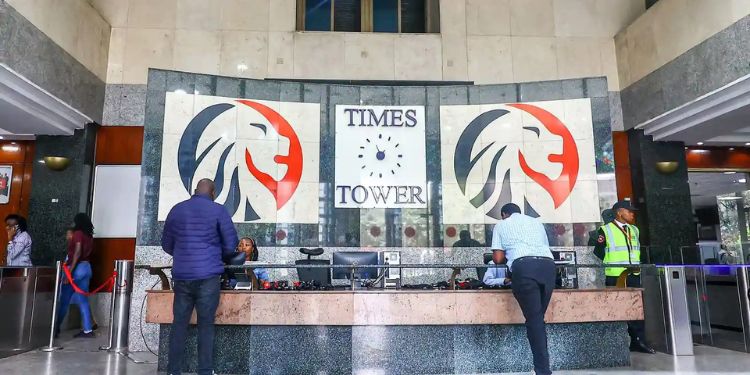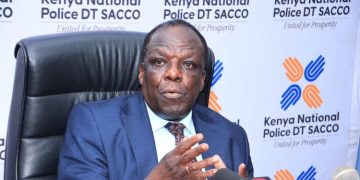Kenyan importers will soon face disruption as the Kenya Revenue Authority (KRA) prepares to fully enforce the Certificate of Origin (COO) rule starting October 1, 2025.
This means that all consignments entering Kenya must be accompanied by a Certificate of Origin (COO), in line with Section 44A of the Tax Procedures Act, CAP. 469B.
In a public notice dated September 23, 2025, KRA stated that the enforcement follows a three-month transition period after the requirement took effect on July 1, 2025.
All consignments imported up to 30th September must fully comply with Section 44A of the Tax Procedures Act, CAP. 469B, with a few exceptional cases to which provisional measures have been adopted for ease of compliance.
Also Read: KRA Introduces Mandatory Requirement for All Imports Into Kenya
KRA Explains What the COO Requirement Means
According to the authority, the COO must be issued by a competent authority in the exporting country.
Without the document, importers risk delays, penalties, or rejection of consignments at entry points. KRA’s notice explains that the certificate is a key tool in verifying the true source of imports.
However, recognizing that some importers may struggle to obtain the COO at the time of shipment, KRA has introduced temporary measures.
In exceptional cases, alternative documents may be accepted, provided they are subject to verification and approval.
These include:
1. An Origin Declaration bearing origin details,
2. An Export Permit or License issued by the exporting country’s authority, or
3. A Pre-Export Verification of Conformity (PVoC) certificate from agents appointed by the Kenya Bureau of Standards.
“In exceptional cases where a COO is not available at the time of importation, the following official export documents may be accepted to confirm origin, subject to verification and approval by Customs,” KRA said.
Also Read: KRA Issues Directive for 2025 Transit and Customs Vehicle License Renewals
Exemptions to the Import Rule
At the same time, the authority has explained that not every consignment will need a COO.
KRA clarified that certain categories of goods are exempt, including used motor vehicles, personal baggage, human remains, medical samples, and parcels of no commercial value.
Additionally, imports by privileged persons and temporary imports under Section 117 of EACCMA also qualify for exemption.
The full list includes:
- Goods imported by privileged persons (EACCMA 2004) as provided in the Fifth Schedule to the East African Community Customs Management Act, 2004;
- Used goods, including used motor vehicles (covered under the Fifth Schedule of EACCMA 2004);
- Personal baggage;
- Personal effects;
- Mailbags and postal parcels imported by post (Section 36 of EACCMA, 2004 and Regulations 112 & 119 of EACCMR, 2010);
- Human remains;
- Import samples of no commercial value;
- Temporary imports under Section 117 of EACCMA, 2004;
- Small packages of medicaments under a doctor’s prescription as outlined in Regulation 119(3) of the East African Community Customs Management Regulations;
- Individual packages that do not exceed the weight and value as outlined in Regulation 119(3) of the East African Community Customs Management Regulations.
The notice indicated that the authority will handle any compliance challenges on a case-by-case basis, guided strictly by the law.
The agency also reassured stakeholders of its dual mandate, which is to enable smooth trade while enforcing revenue rules.
“KRA remains committed to facilitating legitimate trade while ensuring full compliance with the law,” the Commissioner for Customs & Border Control emphasized.
Follow our WhatsApp Channel and X Account for real-time news updates.




















































![Senator Allan Chesang And Chanelle Kittony Wed In A Colourful Ceremony [Photos] Trans Nzoia Senator Allan Chesang With Channelle Kittony/Oscar Sudi]( https://thekenyatimescdn-ese7d3e7ghdnbfa9.z01.azurefd.net/prodimages/uploads/2025/11/Trans-Nzoia-Senator-Allan-Chesang-with-Channelle-KittonyOscar-Sudi-360x180.png)























